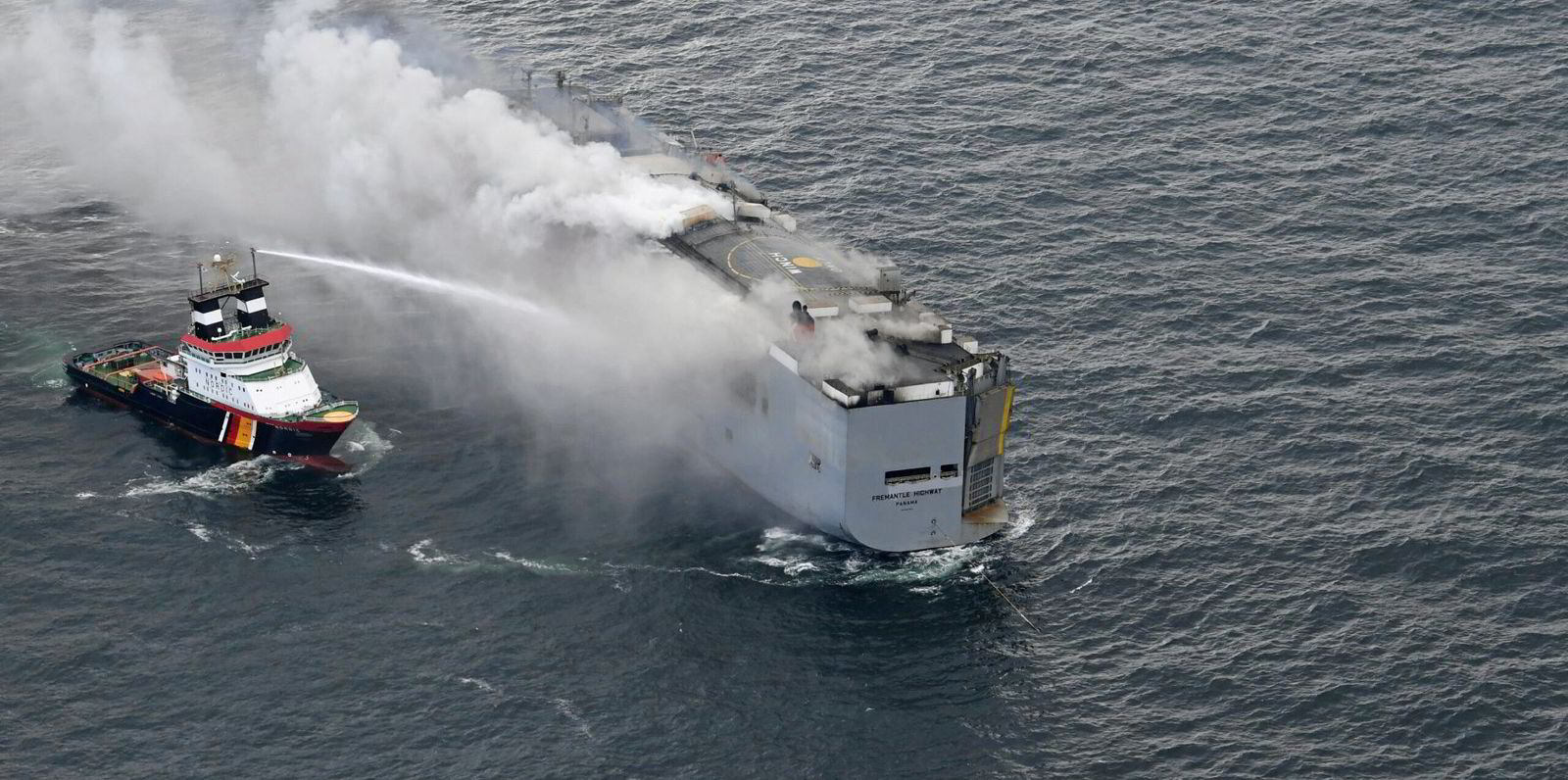The blame for soaring temperatures across southern Europe this year seems to have landed firmly on the door of the shipping industry, according to reports.
There are a number of scientific research papers suggesting that the IMO 2020 regulation to dramatically reduce sulphur oxide emissions from ships has inadvertently contributed to an acceleration of global warming.
The theory goes that the sulphur cloud that used to hang particularly heavy over the Atlantic Ocean has now disappeared and is no longer deflecting the sun’s heat away, leading to a rise in ocean temperatures.
While lower sulphur levels in the air are helping to combat the occurrence of respiratory diseases in coastal populations, it has come at the cost of accelerating climate change’s effects.
It is a theory that has been around for some time but recently gained traction.
It was recently picked up by the UK broadsheet newspaper the Telegraph, which depicted IMO 2020 as a sort of geoengineering experiment gone wrong.
It is a particularly attractive train of thought to buy into for those who want to argue that environmental regulation is farcical and destined to fail.
It emboldens the position of those who say “Why bother at all?” if the consequences of cleaning up shipping emissions are more dire than the original problem.
But, the recent controversy surrounding the IMO 2020 regulation is not an argument for giving up — but for better understanding and mitigating the impact of emissions regulation.
The early moves to decarbonise are inevitably going to be fraught with difficulties and paradoxes.
For example, the increased use of LNG as a fuel has reduced carbon emissions but could raise even more destructive methane greenhouse gas emissions.
The unintended consequences of decarbonisation were even dramatically played out in the North Sea over the past week.
Unanticipated consequences
The transportation of eco-friendly electric cars looks like it could have contributed to a near environmental disaster in the North Atlantic, after a fire broke out on board the 6,200-ceu car carrier Fremantle Highway (built 2013).
And it could be argued that the Carbon Intensity Indicator regulation is distorting the energy efficiency of the world fleet in a way that could lead to a net increase in emissions.
There are technical solutions to all these initial problems of decarbonisation regulation that are being worked through and will eventually result in taking the shipping industry forward.
But, someone has to make the first steps to try to decarbonise even if the initial results might be questionable.
The impact of shipping’s sulphur emissions on public health had to be tackled by IMO 2020 as a matter of urgency before it moved onto the issue of decarbonisation.
Happy ending
And, as it turns out, there may even be a happy ending to the concerns surrounding IMO 2020 and its negative impact on climate change.
According to the Telegraph, the problem has now triggered research into how ships could be used to produce emissions that reduce global warming.
It might sound farfetched, but scientists are proposing ships could emit a marine cloud-brightening substance that makes them denser and more reflective of sunlight to help cool ocean temperatures.
The details have yet to be worked out, but if true then even the increasingly derided IMO 2020 regulation might turn out to be a cloud with a silver lining.





